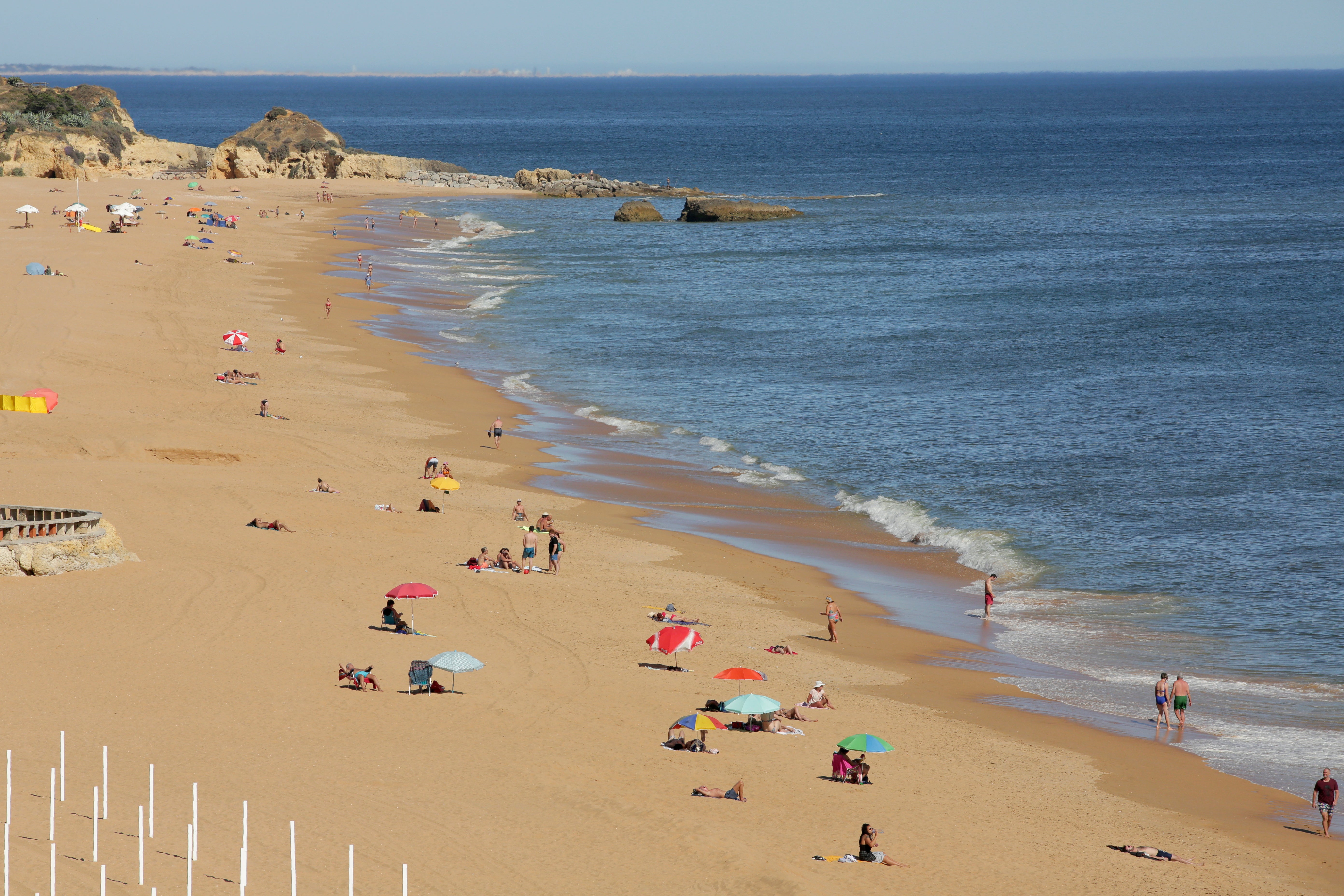Ministers defend decision to downgrade Portugal
Holidaymakers in Portugal face a scramble home

Your support helps us to tell the story
From reproductive rights to climate change to Big Tech, The Independent is on the ground when the story is developing. Whether it's investigating the financials of Elon Musk's pro-Trump PAC or producing our latest documentary, 'The A Word', which shines a light on the American women fighting for reproductive rights, we know how important it is to parse out the facts from the messaging.
At such a critical moment in US history, we need reporters on the ground. Your donation allows us to keep sending journalists to speak to both sides of the story.
The Independent is trusted by Americans across the entire political spectrum. And unlike many other quality news outlets, we choose not to lock Americans out of our reporting and analysis with paywalls. We believe quality journalism should be available to everyone, paid for by those who can afford it.
Your support makes all the difference.Ministers have defended yesterday’s controversial move to downgrade Portugal to the amber list, sparking a frenzy among holidaymakers currently in the country.
Transport secretary Grant Shapps said the decision was made due to rising cases of the so-called Delta variant of coronavirus, as well as a rising Covid positivity rate.
Mr Shapps said: “I want to be straight with people, it’s actually a difficult decision to make, but in the end we’ve seen two things really which caused concern.
“One is the positivity rate has nearly doubled since the last review in Portugal and the other is there’s a sort of Nepal mutation of the so-called Indian variant which has been detected and we just don’t know the potential for that to be vaccine-defeating mutation and simply don’t want to take the risk as we come up to 21 June and the review of the fourth stage of the unlock.”
Holidaymakers in Portugal, the only major holiday destination on the much-anticipated “green list”, now face a scramble home by 4am on 8 June, when the rules come into effect.
Previously, travellers were promised some advance warning of countries moving from green to amber by way of a “green watchlist”, which remains empty.
Communities Secretary Robert Jenrick this morning defended the move, saying it “wasn't a last-minute decision” to move Portugal off the green list.
“When we set up the system, we said that we would be reviewing the countries every three weeks, that's what's happened,” he told Times Radio.
Mr Jenrick said he understood “how frustrating this is both for people in Portugal and for millions of people here who would love to go on holiday”.
He told Sky News: “You should not be going on holiday to countries on either the amber or red list.
“We were also clear if you chose to go on holiday to countries that are on the green list those countries are being reviewed every three weeks, so there is always a risk with a fast-moving situation with new variants that countries might either go on to that list or indeed come off.”
Although the government is advising against holidays to amber and red destinations, this is guidance rather than law.
Dr Mike Tildesley, a member of the Scientific Pandemic Influenza Group on Modelling (Spi-M) Government advisory panel, admitted that it is a “really rotten time for the travel industry”.
He told BBC Breakfast: “If you purely ask me what the best thing to do is as an epidemiologist, then at the moment that you know there is a risk, of course you have to impose that control immediately.
“Of course, we need to be practical. It's very, very difficult to say ‘this country is being added to the amber list, anyone that comes home now needs to quarantine immediately’.
"I always think there needs to be some kind of practical trade-off to allow people to get back, whilst they are overseas in what is currently a green country."
The decision provoked fury across the travel industry.
Julia Lo Bue-Said, CEO of Advantage Travel Partnership, said Portugal being added to the amber travel list just weeks after the holiday hotspot reopened for British tourists was a “devastating blow”.
She told BBC Radio 4's Today programme: “Clearly yesterday was an absolute blow, an absolute devastating blow for consumers and the industry of a really seismic scale now.”
The Portuguese foreign affairs ministry labelled the move “illogical”, while professor Henrique Barros, president of Portugal’s National Health Council, called the removal an “overreaction”, adding that the overall situation in the country is “relatively stable”.
Additional reporting from wires
Join our commenting forum
Join thought-provoking conversations, follow other Independent readers and see their replies
Comments